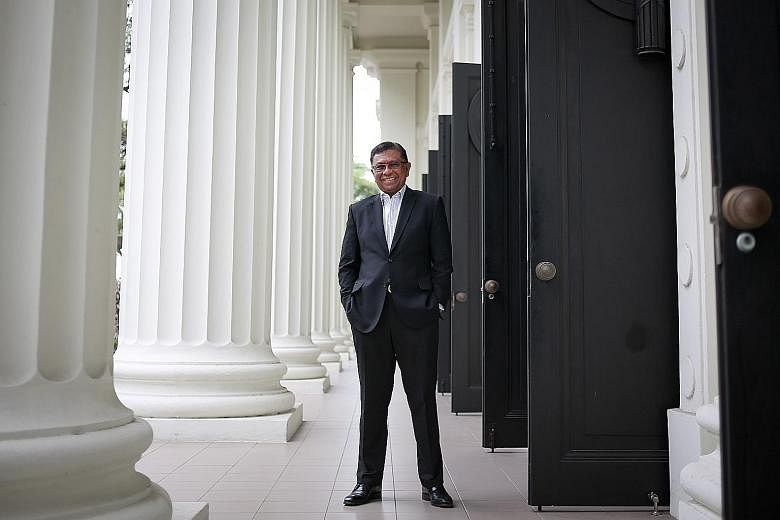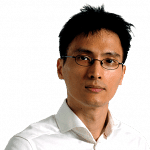Scientists are turning the prospect of "three-parent" babies into a reality in the hope of preventing certain genetic diseases being passed on to children.
Although Britain passed legislation last year allowing three-parent babies to be created via a technique called mitochondrial gene replacement therapy, Singapore is adopting a cautious stance, preferring to consult further with both researchers and the public on something that could have irreversible impact on future generations.
The possibility of a three-parent child stems from the fact that each human has two sets of genes in his cells - in the nucleus and in the cell's sausage-shaped powerhouses called mitochondria.
Defects occasionally occur in mitochondrial genes, leading to debilitating diseases like muscular dystrophy.
Such diseases could be prevented by replacing the defective mitochondrial genes with healthy ones from another person while the baby is still in the egg stage.
But scientists around the world say the British decision could be a "historic mistake", as three-parent individuals may be at greater risk of cancer and premature ageing.
Researchers who developed ways to modify mitochondrial genes say there is no compelling evidence that they are not safe for use on humans, but the chair of Singapore's Bioethics Advisory Committee (BAC) considers this a risky approach.
Retired judge Richard Magnus said: "Your science is not yet ready to establish the evidence one way or the other. You cannot proceed on a method which affects generations on the basis of no compelling evidence.
"That philosophical approach is something that we are not very comfortable with."
The BAC was established by the Government in 2000 to address the ethical, legal and social issues arising from human-based research with the aim of protecting individual rights and welfare while allowing biomedical science to realise its potential for the benefit of mankind.
Last year it published the Ethics Guidelines For Human Biomedical Research, inspired by similar documents from Australia and Canada.
Mr Magnus said it became a "hot book" at Unesco as it consolidated all the information in a single document. Guidelines include honouring a child's choice not to participate in a study even if the parents have consented, and asking participants beforehand whether they wish to be informed if research on them subsequently finds something clinically significant.
As for mitochondrial gene replacement therapy, the BAC aims to hold a public consultation later this year and publish a report by end-2017.
Explaining the purpose of such consultations, Mr Magnus said: "We tell them what the science is, and what the science purports to achieve, and then we discuss whether it is something that Singapore should adopt, what are the benefits for us, what are the cultural nuances, what are the religious objections, what's the scientific value to us. We ask the hard questions."
Singapore is active in the international arena too. It is a member state of Unesco's Intergovernmental Bioethics Committee, which meets at least once every two years to review findings of the International Bioethics Committee (IBC), the sole United Nations body that advises on ethical issues of the life sciences to protect human dignity and freedom.
Last October, the 71-year-old Mr Magnus was the first Singaporean to be elected as one of the IBC's vice-chairs, for a two-year term.
Back home, the BAC is going one step further to encourage the public to play a more proactive role, by organising a bioethics festival to promote awareness.
There will be public events taking place this month, including a play about bioethics by The Necessary Stage at the Singapore Science Centre, as well as a public screening of a movie about neurotechnologies at Orchard Central.


